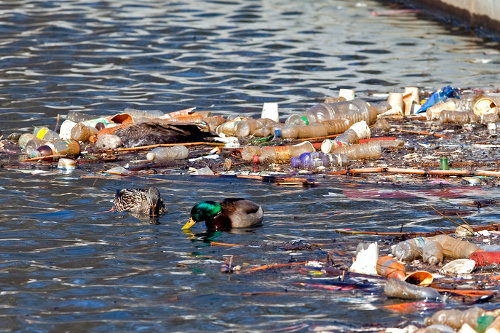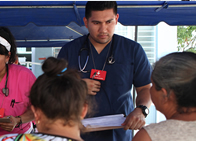Post Graduate Diploma in Environment and Water Engineering Course Overview
Water and wastewater engineering encompasses the planning, design, construction, and supervision of water and wastewater systems. Water in our planet is available in the atmosphere, the oceans, on land and within the soil and fractured rock of the earth’s crust Water molecules from one location to another are driven by the solar energy. Moisture circulates from the earth into the atmosphere through evaporation and then back into the earth as precipitation. In going through this process, called the Hydrologic Cycle water is conserved – that is, it is neither created nor destroyed.
Course Objectives
After completion of this Post Graduate Diploma, the student shall know about
- Hydrologic cycle and its components
- Distribution of earth’s water resources
- Principle of planning for water resource projects
- Planning for prioritizing water resource projects
- What are Actual and Potential evapotranspiration?
- How direct measurement of evapotranspiration can be made?
- How can evapotranspiration be estimated based on climatological data
Course Content
Module 1: Basic environmental engineering
- a) General Considerations
- b) Water Pollution
- c) Air Pollution
- d) Solid waste Management
- e) Ecology
- f) Renewable sources of Energy
- g) Environmental Impact Assessment
Module 2: Principles of Water Resources Engineering
- a) Surface and Ground Water Resources
- b) Concepts for Planning Water Resources Development
- C) Planning and Assessment of Data for Project Formulation
Module 3: The Science of Surface and Ground Water
- a) Precipitation and Evapotranspiration
- b) Runoff and Infiltration
- c) Rainfall Runoff Relationships
- d) Design Flood Estimation
- e) Subsurface Movement of Water
- f) Principles of Ground Water Flow
- g) Well Hydraulics
- h) Flow Dynamics in Open Channels and Rivers
- I) Geomorphology of Rivers
- j) Sediment Dynamics in Alluvial Rivers and Channels
Module 4: Irrigation Engineering Principles
- a) Soil Water Plant Relationships
- b) Estimating Irrigation Demand
- c) Types of Irrigation Schemes and Methods of Field Water Application
- d) Traditional Water Systems and Minor Irrigation Schemes
- e) Canal Systems for Major and Medium Irrigation Schemes
- f) Design of Irrigation Canals
- g) Conveyance Structures for Canal Flows
- h) Regulating Structures for Canal Flows
- I) Distribution and Measurement Structures for Canal Flows
Module 5: Hydraulic Structures for Flow Diversion and Storage
- a) Structures for Flow Diversion – Investigation Planning and Layout
- b) Design of the Main Diversion Structure of a Barrage
- c) Design of Barrage Appurtenant Structures and Rules for Barrage Operation
- d) Structures for Water Storage – Investigation, Planning and Layout
- e) Planning Of Water Storage Reservoirs
- f) Design and Construction of Concrete Gravity Dams
- g) Design and Construction of Concrete Gravity Dams
- h) Spillways and Energy Dissipaters
- I) Reservoir Outlet Works
- j) Gates and Valves for Flow Control
Module 6: Hydropower Engineering
- a) Lesson 1 Principles of Hydropower Engineering
- b) Hydropower Water Conveyance System
- c) Hydropower Equipment and Generation Stations
- Module 7: Management of Water Resources
- a) River Training and Riverbank Protection Works
- b) Drought and Flood Management
- c) Remote Sensing and GIS for Water Resource Management
Minimum entry requirements
Common regulations governing Post-Graduate Diplomas shall be applicable.
The following shall be eligible for admission.
- a) Holders of a Bachelor’s degree from a recognized University
- b) Holders of an equivalent qualification from any other recognized Institution.
Assignments: candidates shall be expected to submit 10 assignments (Continuous Assessment test) that Account to 70 % of their Work and a Project Paper at the Tail end of the course, which accounts to 30 % of the course Work.
Regions Targeted: Global
Courses Fees €1500
Course duration: 1 year (2 semesters)




